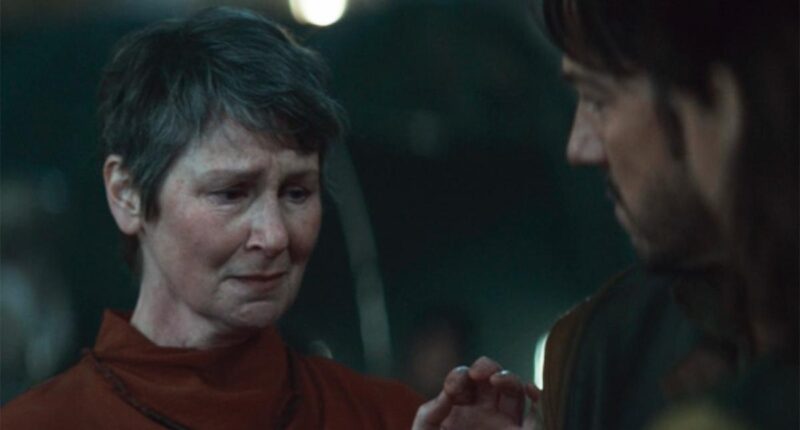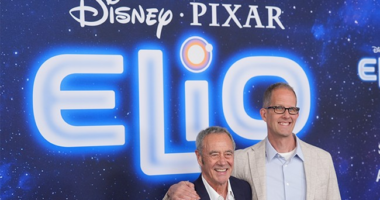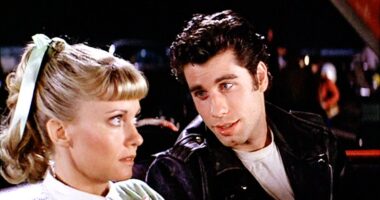Cassian Andor traveled extensively across the galaxy, witnessing strange sights but never encountering anything convincing enough to make him believe in a controlling all-powerful Force.
Han Solo’s skepticism, as reflected in the statement above, applies not only to the battle-hardened Rebel soldier but also to the series depicting his adventures. Concepts such as the Force, Jedi, Sith, or Darth Vader have seemingly been absent from the storyline of Andor, shifting the focus from mystical elements to a more science fiction narrative within the Star Wars universe.
This departure has been a successful choice for Andor. By anchoring the story in a world devoid of verifiable religions or magical powers, the series still manages to embody the essence of Star Wars while taking a more mature narrative approach. This shift aligns Cassian’s struggles with oppression and rebellion closer to our own reality.
But keeping the Force out of its Star Wars story makes Andor‘s sudden introduction of it feel more magical and beautiful than it has since Yoda lifted Luke Skywalker’s X-wing out of the swamps of Dagobah.
The scene in question doesn’t even give its Force healer (Josie Walker) a name. She’s simply a presence at the outdoor mess hall for the hidden rebel base on Yavin IV, where just a few episodes and a year or two in story time ago, Rebels were at each other’s throats. Now they’re all but an army, a real army, and an agent of the Force is at work in their camp.
There are times when what she does works, she tells Cassian and Bix, and times it doesn’t. But something calls her directly to Cassian from across the yard. Something reinvigorates her faith when she lays her hand on him. Something tells her he’s “a messenger,” that he’s destined to be somewhere, somewhere important.
This is chilling for Cassian to hear, because he doesn’t believe in any of this shit, due to a bad experience his adoptive mother Maarva had with a Force-healing scammer years before. It’s chilling for Bix to hear, because she does believe it — but she believes it in part because she’s felt it herself. She’s sensed that there’s something important about Cassian, some purpose.
And it’s chilling for us in the audience to hear, because we alone know the end of his story, as we saw it was told in Rogue One. He will die far from Bix, far from anyone he’s evern known and loved. But in dying he will deliver to the Rebellion the top-secret plans that will lead to the destruction of the Death Star, signaling the beginning of the end for the Empire.
He is a man of destiny. Andor makes the fact that this total stranger somehow knows this feel both miraculous and frightening, as it ought to.

Cassian’s problem at this juncture is that he’s torn in two directions. He has a life with Bix on Yavin Base, a beautiful treehouse, a sense of security and belonging. He also believes in the need for a genuine army like the one gathering at Yavin, much as the Force healer tells him he’s been “gathering” experiences for his ultimate purpose.
But in addition to disliking the presence of the Force healer — who cures his lingering blaster wound, by the way — Cassian chafes at the rules and regulations of the increasingly organized Rebellion, represented by General Draven (Alistair Petrie). So even though Cassian thinks his old buddy Wilmon is being reckless by continuing to follow the orders of a now-marginalized Luthen Rael, he still takes the younger Rebel up on joining Luthen’s latest mission.
And what a mission it is. Within the Imperial deep state, the orders have come down: Unable to find a synthetic alternaive, the Empire will mine the planet of Ghorman to death for its mineral deposits, which are no doubt a key component in the Death Star superweapon. As Major Partagaz puts it when he relays the news to Dedra Meero, who’s running point on the operation planetside, “Bad luck Ghorman,” as if what awaits them is an annoying fender-bender instead of genocide and ecocide.

Dedra’s job now is to prepare for the suppression required to pull off the operation, which mostly involves false flags that are insulting in their transparency. As Ghorman senator Dasi Oran puts it to his fellow senator Mon Mothma, “They don’t even bother to lie badly anymore! I suppose that’s the final humiliation.” As David Bowie once put it, and as we’ve all had occasion to learn over the past few months, “To be insulted by these fascists, it’s so degrading.”
But Dedra also has to encourage her boyfriend, Syril Karn, to leave the planet without giving the game away to him. Syril is stupid, but he’s no dummy: His own sources have indicated that the Empire’s claims about Ghorman’s insurgency are bullshit. No pangs of conscience here, mind you: Syril simply wants to be kept in the loop. Even so, there’s still tension in the Meero-Karn household.

Dedra Meero is, in fact, Wilmon and Cassian’s mission. She’s been seen there, on Ghorman, in public, in the open, all the time, and they’ll never have a better chance to take out a monster. So even as the Ghorman resistance debates its next move — and as Wilmon gets friendly with Dreena, the resistance member whose actions last episode were a wee bit suspicious — Cassian checks into the local hotel under a new assumed name, waiting to take his shot at Dedra. And from fresh-faced young recruits to a contingent of habitually chatty stormtroopers, the Imperials are everywhere.
To bookend this review, I just want to draw attention to what Senator Oran tells Mon Mothma again. He feels his cause is hopeless, but even so, he thanks her for championing it. He admires her “brave face…your grace, your energy.” Here we can see the beginnings of the Mon Mothma we know from the films, the angelic Rebel leader played in Return of the Jedi by Caroline Blakiston, who seems to inspire with her very presence. Mon’s Rebel cousin Vel tells Bix that Cassian is a leader and needs to act like one. Mon does so seemingly without trying, because she’s almost magnetically pulled in that direction. In times of trouble, people look for leaders like that. They want leaders who stand up for what’s right the same way they want air breathe.
Sean T. Collins (@theseantcollins) writes about TV for Rolling Stone, Vulture, The New York Times, and anyplace that will have him, really. He and his family live on Long Island.
(function(d, s, id) {
var js, fjs = d.getElementsByTagName(s)[0];
if (d.getElementById(id)) return;
js = d.createElement(s); js.id = id;
js.src = “//connect.facebook.net/en_US/sdk.js#xfbml=1&appId=823934954307605&version=v2.8”;
fjs.parentNode.insertBefore(js, fjs);
}(document, ‘script’, ‘facebook-jssdk’));

















